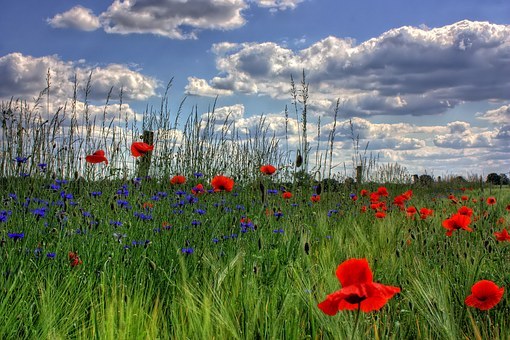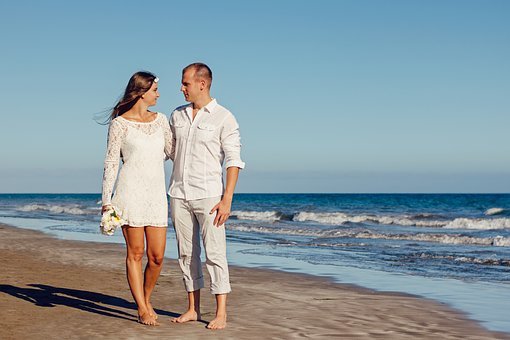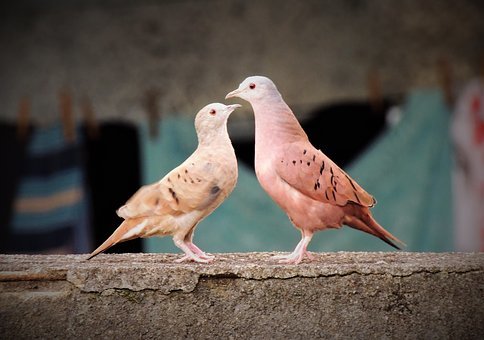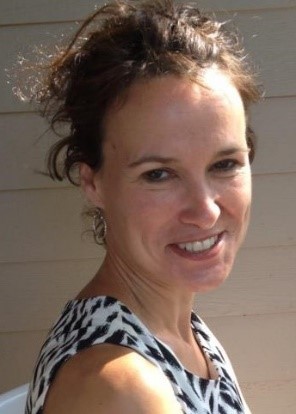Vulnerability is Strength
It takes a person of deep strength and courage to show their authentic selves in a way that exposes their vulnerability. Many of us are brought up to believe that showing vulnerability is a weakness. Actually, the opposite is true. It is our actions when we try to hide our vulnerabilities that actually expose them – we may act over confident or arrogant, or dismiss others because we are afraid of them knowing our true emotions or our real self. These actions actually expose our weakness.
This keeps our relationships at an arm’s distance, and unconnected from others. When we are unconnected from others is when we are truly vulnerable because then we are alone and isolated. What we crave is connection and deep human relationships. It is only by letting people know your fears, your hopes, and your true feelings that others can connect with their own selves in you. In this way, they form a deeper bond with you and they admire and value you for having the courage to show them your soft belly. This is an extension of trust to the other person and in this you give them a gift. Most people will accept such a gift and treasure it. Others may not, but know that you at least were the braver person. Only the strong are strong enough to be vulnerable.
Next time you feel vulnerable about something, consider what it is and why you feel that way. Then, find a way to honor it by sharing it with others. Start with small victories and then build from there.
How to be Vulnerable One Step at a Time
I’ve had friends as me, “How do I learn to be vulnerable when it’s so scary?” They ask “How did you learn to do it?” I tell them to practice doing it in more safe places, to get used to it, and then you can learn to do it with more confidence in other situations. It took me a long time to be able to admit to people that I didn’t drink because I felt so vulnerable letting people know that I couldn’t drink. Yes, I had a drinking problem in the past and I’m one of those people who just can’t have one. It was a long road to recovery, but part of that road required that I somehow find a way to operate in social situations and be able to decline an offered drink. This was a very scary and vulnerable position to me, but I started out small. I would tell my closet friend first, then maybe casually drop it in a random conversation with a total stranger, then slowly share with a close colleague at work, then in limited social settings with only a couple of people around, and so on. Each time I let a little bit out and a little bit of people in, I got more comfortable with it, and I learned to be more secure and grounded in who I was when I told this to people. I felt more comfortable with myself. One of the things I also learned was that people were pretty darn accepting of it too.

The other thing I found was that I was more authentically me when I truly shared about myself and who I was. This made me feel better about myself versus trying so hard to hide who I truly was, or doing things that hindered my growth and enjoyment in life like avoiding social settings all together.
Identifying Safe Places to Practice
Here are some ideas for ways you can share yourself with others in a way that helps you practice doing it, and it is low risk.
· In line at a grocery or retail store share something personal with a complete stranger. This will give you practice expressing it out loud and since you don’t know the person you’ll never see them again.
· Share something with a work colleague you trust – something small that doesn’t have a huge impact on your work or career, but is personal nonetheless. It could be as simple as saying you were sad when your dog died when you were a child. It can be something that happened a long time ago and you can keep the insight short, but you are sharing yourself nonetheless
· Sharing with a close friend something you fear. When we share our fears with someone close to us, we create a deeper bond with them. I’ve found when I share my fears with a close friend, I wind up having a more intimate relationship with them and they feel a deeper bond with me. I often find out they have the same fear too! When we share our vulnerabilities with another person, this gives them permission to share too. You’d be surprised to find out that other people’s vulnerabilities are often just like yours.
· Share a deeper vulnerability with someone close to you, but share it only at a high level. This one way to ease into it too. Let’s say you want to share with your spouse or a parent, but you’re concerned about how they will respond, but you know you need to share. You can decide to share, but only do so at a high level, without getting too deep into it. This way you’ve made some progress in being vulnerable with them, but you haven’t fully exposed yourself, in a sense. You can then build from there by going deeper at a later time, however you wish.

Make a list of some places where you’re willing to practice being vulnerable. Identify what topics you might talk about and with who. Making a list of some ways to practice in ways that feel safe to you is important to make you feel more secure in trying it.
Being Open in Our Lives
In order to bring closure to pain, connect on a deeper level, most past grievances, share what we need from others to feel valued and loved, or otherwise build a more meaningful and rich life, we need to express ourselves to others and this includes allowing ourselves to be vulnerable in these situations.
Once we get more used to expressing and sharing our feelings, despite feeling vulnerable, we’ll become stronger in our capacity to connect to our own selves on a deeper level and we’ll feel more confident in expressing our true selves to the world. This is what happened to me. Now, I feel comfortable telling people in any situation, at any time, that I don’t drink. I can strongly and proudly hold my own even if someone who doesn’t understand what this means says something ignorant like “C’mon you can have just one with me.” The answer is firmly, “No, I cannot.” I don’t feel ashamed, I don’t feel embarrassed. I don’t feel vulnerable. I feel strong being able to stand my ground. I feel strong knowing who I am and what my convictions are. I feel just fine saying so. It was in the space of being vulnerable and learning how to live there by expressing my vulnerability and giving it voice that my voice became strong and I became stronger for it.

Vulnerability is strength when we embrace that vulnerability, express it, and gain confidence in our abilities and building our character through it. This makes life better all around for you, and for the world too.
Want to learn more? Go to bit.ly/wellbeingforyou.


